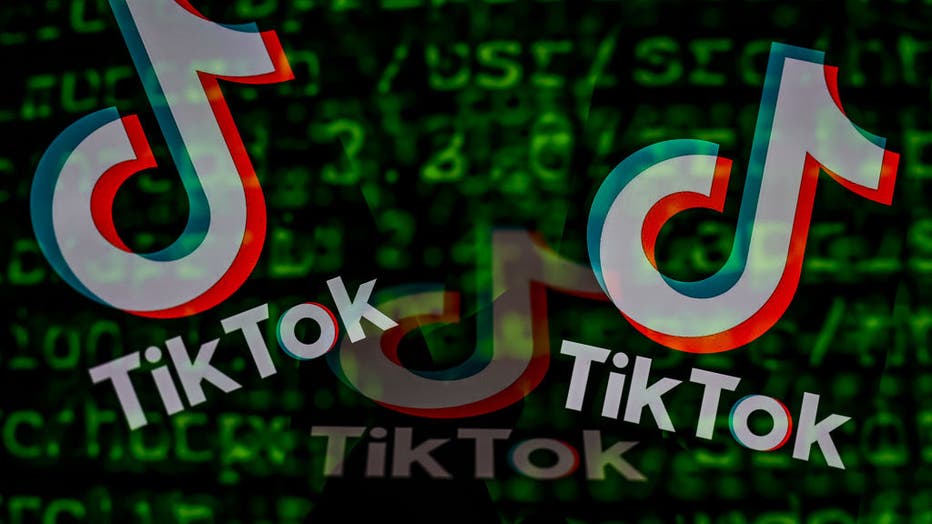TikTok CEO to tell Congress video-sharing app is safe, urge against ban
TikTok CEO Shou Zi Chew is interviewed at offices the company uses on Feb. 14, 2023, in Washington, D.C. (Photo by Matt McClain/The Washington Post via Getty Images)
WASHINGTON - TikTok's CEO plans to tell Congress that the video-sharing app is committed to user safety, data protection and security, and keeping the platform free from Chinese government influence.
Shou Zi Chew is due to answer questions Thursday from U.S. lawmakers concerned about the social media platform's effects on its young user base and possible national security risks posed by the popular app, which was founded by Chinese entrepreneurs.
Chew is sticking to a familiar script as he urges officials against pursuing an all-out ban on TikTok or for the company to be sold off to new owners.
US threatens TikTok ban: What's the impact on influencers & content creators? | LiveNOW from FOX
The Biden administration has demanded TikTok's Chinese owners divest their stakes in the app or face a possible ban, according to a report. The move, reported by The Wall Street Journal citing people familiar with the matter, is the most dramatic in a series of recent steps by U.S. officials and legislators who have raised fears that TikTok's U.S. user data could be passed on to China's government. ByteDance-owned TikTok has more than 100 million U.S. users. FOX 5 New York's Kendall Green and Politico reporter Brendan Bordelon join LiveNOW's Andrew Craft to discuss what a ban could mean for businesses, influencers and other users of the app. More LiveNOW from FOX streaming video
TikTok's efforts to ensure the security of its user data, including a $1.5 billion project to store the information on Oracle servers in the U.S. and allow outside monitors to inspect its source code, go "above and beyond" what any of its rivals are doing, according to Chew's prepared remarks released ahead of his appearance before the U.S. House Committee on Energy and Commerce.
"No other social media company, or entertainment platform like TikTok, provides this level of access and transparency," he said.

FILE - The TikTok logo is seen on a mobile with cyber code displayed on the screen in Brussels, Belgium on March 21, 2023. (Photo Illustration by Jonathan Raa/NurPhoto via Getty Images)
Chew pushed back against fears that TikTok could become a tool of China's ruling Communist Party because its parent company, ByteDance, is based in Beijing. He said ByteDance had evolved into a privately held "global enterprise," with 60% owned by big institutional investors, 20% owned by the Chinese entrepreneurs who founded it and the rest by employees.
"Let me state this unequivocally: ByteDance is not an agent of China or any other country," Chew said.
TikTok has come under fire in the U.S., Europe and Asia-Pacific, where a growing number of governments have banned TikTok from devices used for official business over worries it poses risks to cybersecurity and data privacy or could be used to push pro-Beijing narratives and misinformation.
RELATED: 7 dangerous TikTok challenges for kids that parents must know about: 'Extreme and risky'

